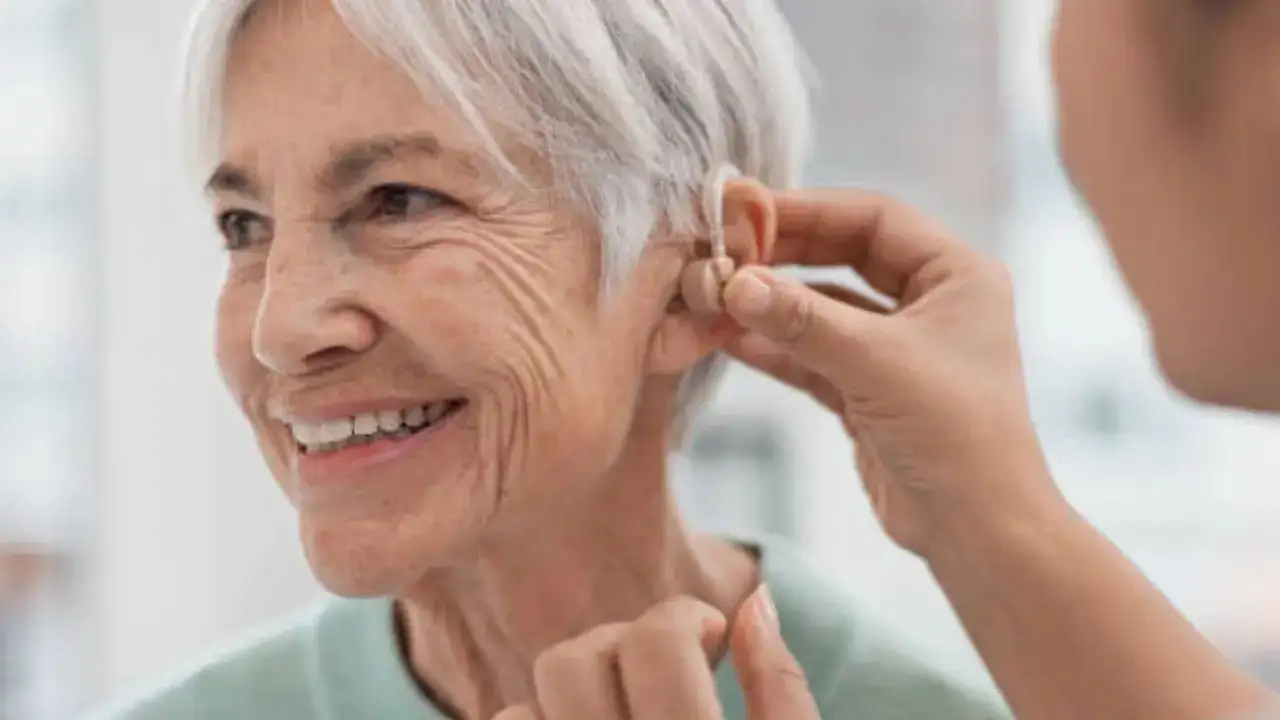
New Study Says Hearing Aids Might Be The Key To Ending Senior Loneliness (Image Credits: iStock)
Hearing loss is a common but often overlooked issue that can have far-reaching consequences for older adults. According to a recent study published in JAMA Internal Medicine on May 12, hearing aids could play a crucial role in reducing loneliness and maintaining social connections among seniors in the United States.
The study found that older adults who used hearing aids were more likely to retain their social networks compared to those who did not receive hearing support. Over a three-year period, seniors who were given hearing aids and personalized audiology care maintained an average of one more person in their social circle than those who only received general tips on healthy ageing. While the difference may seem small, researchers emphasized that this additional connection can have a significant impact on mental and emotional well-being.
“These results support efforts to incorporate hearing aid coverage into Medicare as a way to address the growing problem of social isolation among older Americans,” said Dr. Josef Coresh, co-principal investigator and professor of population health at NYU Langone Health. “Maintaining relationships with family and friends is essential for a good quality of life as people age.”
Loneliness is a pressing concern among seniors. More than 25% of older adults report having little to no contact with others, and about one-third say they regularly feel lonely. In 2023, then-U.S. Surgeon General Dr. Vivek Murthy warned of a national epidemic of loneliness and social isolation, linking it to serious health issues such as obesity, tobacco use, addiction, heart disease, depression, cognitive decline, and even premature death.
Hearing loss is a major contributor to this problem. Nearly two-thirds of Americans aged 70 and older experience some degree of hearing loss, which can make socializing difficult and lead to withdrawal from conversations and activities. This lack of communication can, over time, erode social networks and increase feelings of isolation.
The clinical trial, conducted in Maryland, North Carolina, Minnesota, and Mississippi, involved nearly 1,000 participants aged 70 to 84. Half were given hearing aids along with tailored instruction from audiologists and additional tools such as TV adaptors. The other half received healthy ageing advice but no hearing-related support.
Researchers evaluated loneliness by tracking how frequently participants engaged with others and the diversity of their social networks. Initially, both groups reported similar levels of loneliness. However, after three years, those using hearing aids showed slight improvements in loneliness scores, while those without assistance experienced a decline.
“Our findings add to growing evidence that improving hearing in older adults not only supports communication but also enhances social well-being and mental health,” said lead researcher Nicholas Reed, an audiologist at NYU Grossman School of Medicine’s Optimal Aging Institute.
Despite these promising results, cost remains a barrier. Hearing aids and related audiology services average $4,700 and are typically not covered by insurance. Researchers noted that participants in the study received more comprehensive care than is commonly available, including prompt replacement of damaged devices.
The research team plans to continue tracking participants and conduct a follow-up study with a more diverse population to explore the broader impact of hearing aid access on senior well-being.
Get Latest News Live on Times Now along with Breaking News and Top Headlines from Health and around the world.
